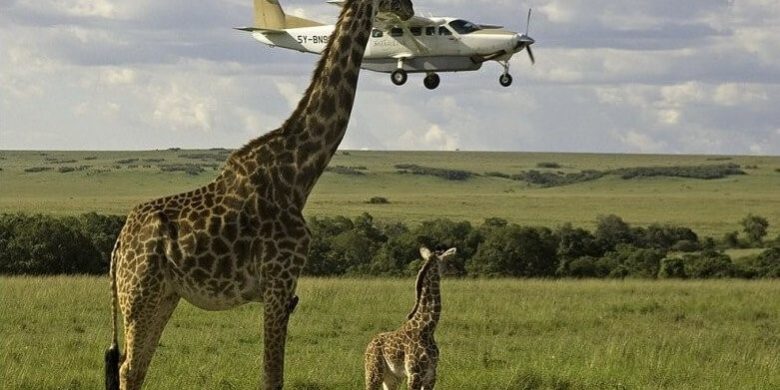Tanzania tour operators are upbeat at the news that the government would execute the reforms highlighted on the blueprint to improve business environment.
Wilbard Chambulo, the Chairman of the Tanzania Association of Tour Operators (TATO) told media shortly after the meeting with the President Dr John Magufuli at state House that tour operators want to see the reforms are put into practice.
“I just wanted to know from the President what should the business community do to support the Government since most of our pressing issues are clearly articulated on the blueprint” Mr Chambulo explains.
He adds: “My attendance to his excellency President, Dr Maguful’s meeting is all about reminding him of expeditiously fast-tracking the implementation of key issues mentioned in the blue print”.
The key for the Government to achieve its plan of attracting two million tourists in 2020, Mr Chambulo says lying in relieving private sector from unnecessarily time-consuming compliance issues.
For instance, TATO boss points out on multiplicity of taxes and overlapping responsibilities of the regulatory bodies on tourism industry as the biggest headache to his members, arguing the government to address them to spur industry growth.
Representing over 300 tour operators, TATO is a leading lobby agency for a tourism industry that earns the country’s economy about $2.43 billion per annum, equivalent to 17 percent of the country’s GDP.
Mr Chambulo says multiple taxes compliance consumes a lot of time and money and, in fact, could encourage tax evasion.
The TATO chairman argues that the contentious issue is not only how to pay myriad taxes and make profits, but also the modality and time spent in complying with intricate taxes.
“Tour operators need streamlining of taxes to ease compliance because the cost of compliance is so high and as such it acts as obstacle for voluntary compliance” Mr Chambulo explains.
Indeed, a study on Tanzanian tourism sector indicates that the administrative burdens of completing license tax and levy paperwork place a heavy cost on businesses in terms of time and money.
For instance, tour operator spends over four months to complete regulatory paperwork, whereas in tax and license paperwork consume his or her a total of 745 hours per year.
Tanzania is estimated a home to 1,401 tour companies, but Tanzania Revenue Authority (TRA) data shows that there are as few as 517 firms complying with tax regime, which is likely to be due to the complexities of compliance.
This means that there could be 884 briefcase tour firms operating in Tanzania.
Mr Chambulo also says tour operators want the government to invent an online platform for all taxes to be done electronically with an eye to root out bureaucracy and ease compliance.
TATO boss says that its members would like to pay all taxes in a single online platform to allow them ample time to search for business opportunities.
It is understood the blueprint for regulatory reforms to improve business environment highlights various the issues crippling tourism industry such as overlapping roles among the regulatory bodies, intricacy of issuance of working and resident permits to foreign investors.
Tourist arrivals totaled 1.49 million in 2018, compared with 1.33 million a year ago, according to Prime Minister Kassim Majaliwa.
President John Magufuli’s government said it wants to bring in 2 million visitors a year by 2020.







